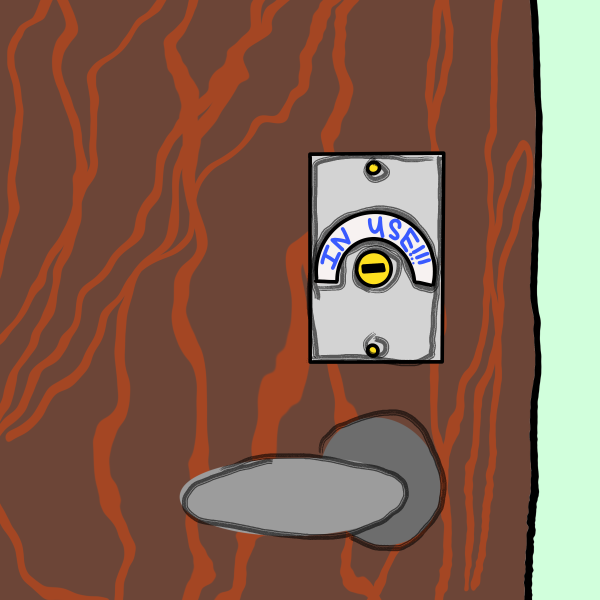For the Hamline Community
April 27, 2016
To whom it may concern,
Hamline’s current academic program review has numerous consequences for the future on this university. Yet such a review will fail if driven by mainly budgetary considerations, especially if such a review does not also include of administrative expenses, staff and programs.
All universities should periodically review their mission and educational philosophy to insure that they are relevant. Faculty should ask what it is they expect of their students and themselves and what values the university should represent. In theory this is what Hamline is doing now. Yet much if not all of the program review seems driven by the budget, not educational philosophy, pedagogy, or university mission. Conflicting administration statements suggest it may lead to the elimination of academic programs and faculty, including those who are tenured. If that is to occur several questions need to be addressed.
First, how many and what kind of programs can one eliminate and still call Hamline a liberal arts institution? Should we eliminate modern languages? Already it is perplexing there is no foreign language requirement here at a time when globalization demands multilingual fluency. Do we eliminate art or music programs, or how about philosophy? One could hardly consider a school a liberal arts institution if it lacked any of these fields.
Second, elimination of programs really does not produce savings in the short or long term. In addition to reputation damage, there are legal consequences to program elimination. The college catalog that existed when students matriculated is effectively a binding legal contract. Schools cannot unilaterally and immediately eliminate majors; it would still have to offer majors, minors and programs for several years. This means faculty would need to be retained to complete the catalog commitments that Hamline made to existing students.
Third, were tenured faculty eliminated it too could not be immediate. There are legal contractual requirements that the school would have to follow and it would take time to remove tenured faculty. Moreover, if the school eliminated a program and faculty and then tried to replace the latter with adjuncts or bring back the program with adjuncts the school runs the risk of censure by the American Association of University of Professors (AAUP). Such censure is not good for Hamline’s reputation. And by the way, remember the adjuncts in CLA are unionized and thus hiring more of them means more of the school will be collectively bargained, something that the administration would not necessarily welcome.
Fourth, cutting academic programs at a time when the school is preparing for its next accreditation visit may not be a good idea. The controversy surrounding program cuts and laying off faculty may only create additional problems in securing individual or institution-wide accreditation.
Finally, any program review driven by budgetary considerations will be incomplete if it does not also include a serious and honest examination of academic expenses, staffing, and programs. According to the AAUP and based on Department of Education data, from 1976 to 2011 there was a 369% increase in full-time professional non-academic (administrative employees) in American higher education. During that same time there was only a 23% increase in tenure or tenure track faculty. Other studies have pointed to dramatic explosions in university administrative costs, driven by both expanding bureaucracies and bloated salaries.
There is no reason to think Hamline is exempt from this national trend, suggesting that it too has more administration at a higher price than it needs. A serious program review should start here, and it should be an open and transparent process where everyone knows how money is being spent. This is especially the case given that faculty have already sacrificed salaries and benefits in the last few years and it is not clear that the administration has burdened it fair share of the cuts.
Overall, the current program review portends many consequences for Hamline and it is not the case that a budgetary-driven process will be one that really saves money or academically strengthens the university.
David Schultz, Professor
Editor, Journal of Public Affairs
Education (JPAE)
Department of Political Science





